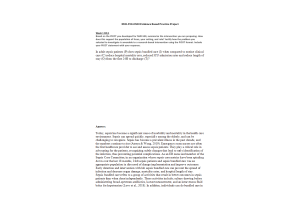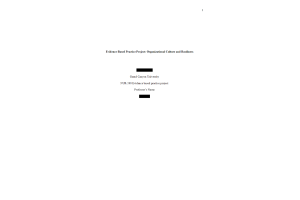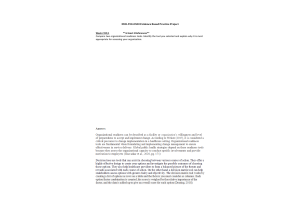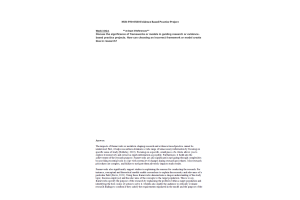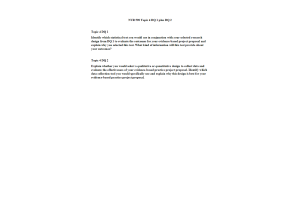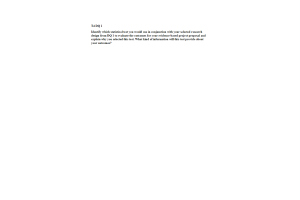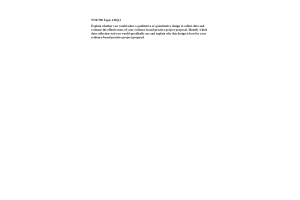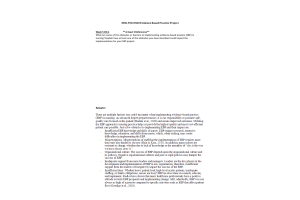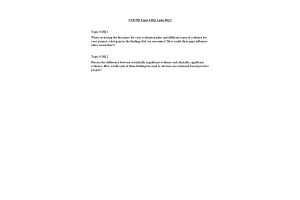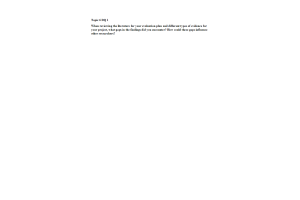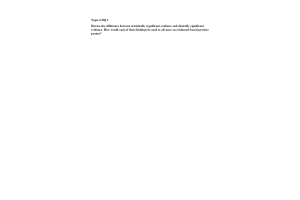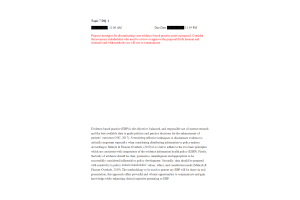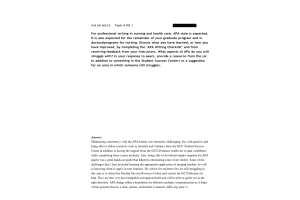NUR 590 Topic 6 Assignment; Evidence-Based Practice Project; Evaluation of Literature
- $20.00
Evaluation Plan
Expected Outcomes for the Evidence-Based Practice Project Proposal
The project proposal focuses on determining the efficacy of using multi-modal evidence-based practices (EBPs) in preventing CAUTI incidences among acute care in- patients with indwelling urinary catheters. The project proposal will augment patient population care outcomes based on research from peer-reviewed journals, books, and government websites. These expected outcomes include reduced healthcare costs for patients and healthcare facility, reduced hospitalization incidences, and improved readmission rates among patients (Schweiger et al., 2020).
Further, there will be improved educational capacity among healthcare providers responsible for the patient populations. Moreover, the multi-modal EBP will facilitate advocacy for alternative toileting options while promoting aseptic techniques useful in catheter insertion and removal (Potugari et al., 2020). As such, they will have all the skills and knowledge to foster CAUTI prevention and elimination. Implementing EBPs in alleviating a significant health issue influences positive care outcome. This is because EBPs are based on scientific evidence with sufficient research backup.
Data Collection Tool
For this project, the researcher has chosen the qualitative research design. It contains different data collection tools such as surveys/questionnaires, interviews, records/archival review, focus groups, and observation (Billups, 2019). The study will utilize electronic medical records as the data collection tool in attaining the patients’ health information relating to urinary catheterization. This tool is valid, reliable, and applicable as it will provide a sequence or trend on any health improvement or decline among the chosen population. This will be easier to compare multi-modal EBPs and current indwelling catheter care. Besides........... Continue

